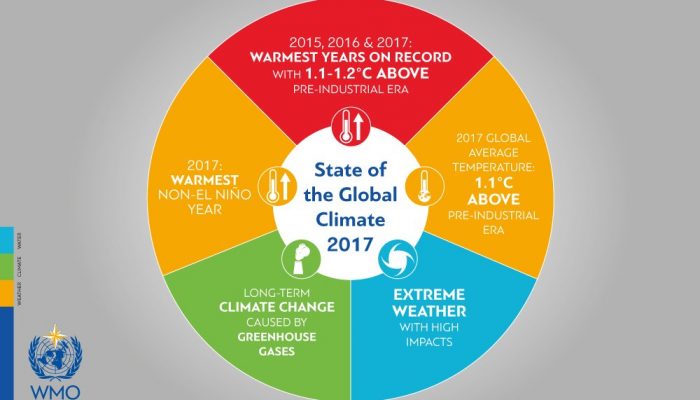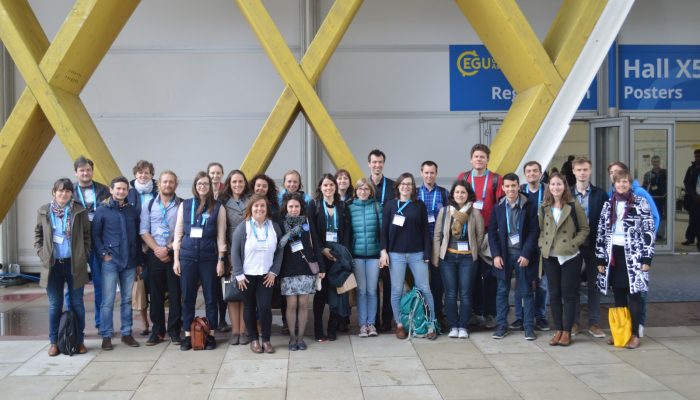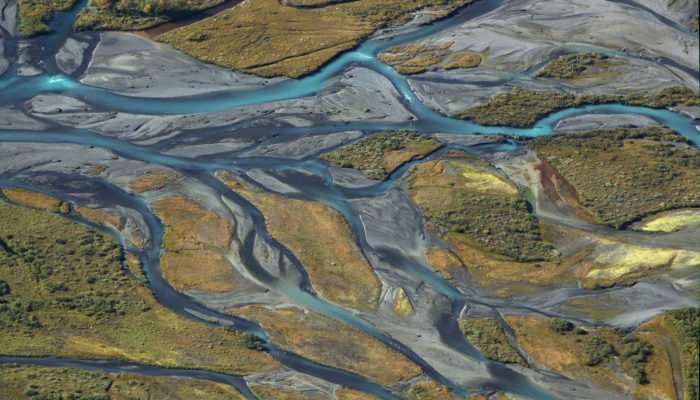Drawing inspiration from popular stories on our social media channels, as well as unique and quirky research news, this monthly column aims to bring you the best of the Earth and planetary sciences from around the web. Major stories The World Meteorological Organization (WMO) has confirmed that 2017 is among the three warmest years on record. The three years with the highest temperature on record ...[Read More]
January GeoRoundup: the best of the Earth sciences from across the web




